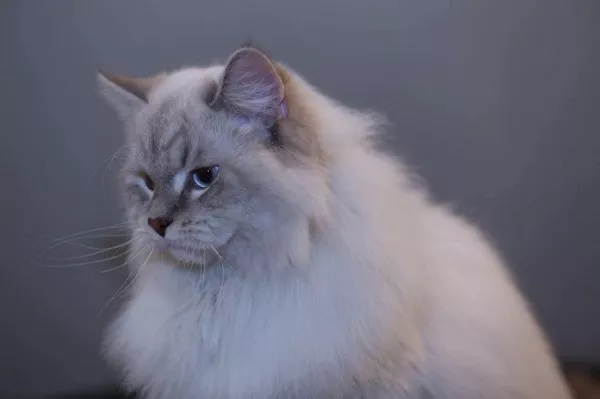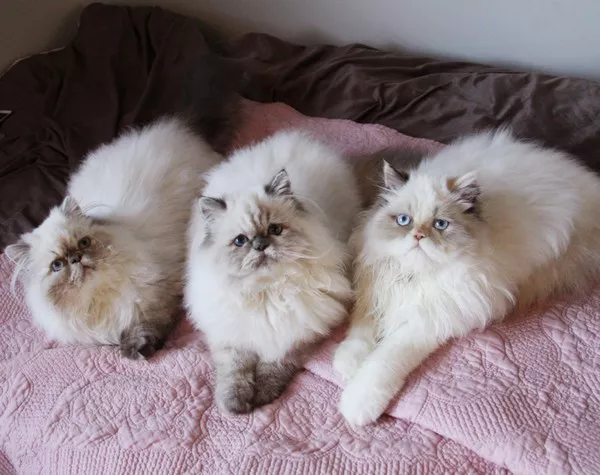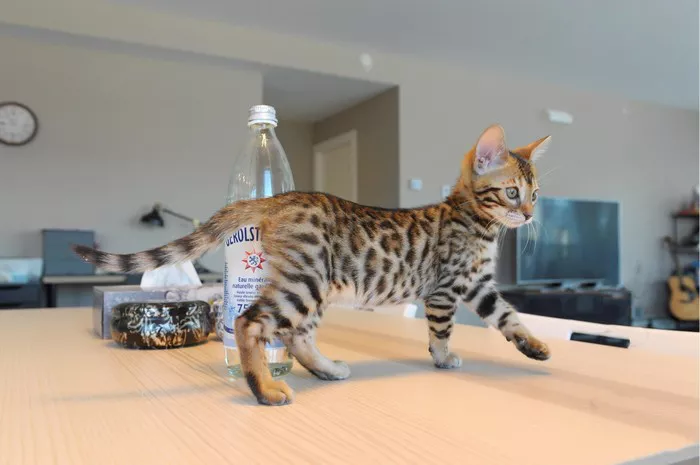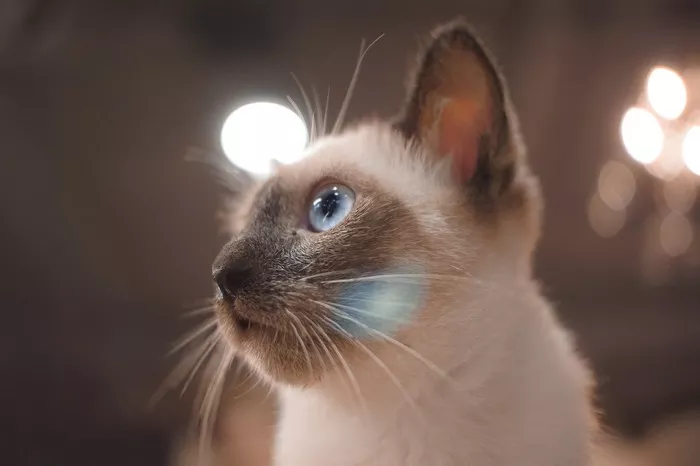Maine Coon cats, with their remarkable size, luxurious fur, and friendly personalities, have earned a reputation as one of the most beloved and sought-after feline breeds. However, like many popular breeds, myths and misconceptions can sometimes cloud the perception of these gentle giants. One such misconception is the belief that Maine Coon cats are dangerous. In this comprehensive exploration, we aim to debunk this myth, shedding light on the true nature of Maine Coon cats, their temperament, and why they are cherished companions in countless households worldwide.
The Maine Coon Cat: A Brief Overview
Before delving into the myth of Maine Coon cats being dangerous, let’s begin by gaining a better understanding of this remarkable breed.
Origins and History
The Maine Coon is often regarded as the largest domesticated cat breed. Its origins are steeped in legend and folklore. While the exact history of the breed remains a subject of debate, it is widely believed that Maine Coons are descendants of domestic cats and seafaring cats brought to the United States by early European settlers. The breed gained recognition and popularity in the state of Maine, eventually earning its name.
Physical Characteristics
Maine Coons are renowned for their distinctive physical features. They have large, muscular bodies, tufted ears, and a long, bushy tail. Their fur is semi-long, with a thick, water-repellent double coat that helps them endure cold climates. While they come in various colors and patterns, the classic Maine Coon is known for its tabby markings and tufted ears.
Temperament
Perhaps the most defining characteristic of the Maine Coon breed is its friendly and sociable temperament. These cats are often described as “gentle giants.” They are known for their intelligence, playfulness, and strong bond with their human companions. Maine Coons are typically good with children and other pets, making them excellent choices for families.
The Myth of Maine Coon Cats Being Dangerous
The misconception that Maine Coon cats are dangerous likely stems from their size and imposing appearance. As one of the largest domesticated cat breeds, Maine Coons can be quite impressive in stature. Some individuals may mistakenly associate their size with aggressiveness or danger. However, this belief couldn’t be further from the truth.
Debunking the Myth
Maine Coon cats are renowned for their gentle and friendly disposition. They are not aggressive or dangerous by nature. In fact, they are known for their sociable and affectionate behavior towards their human family members. These cats are often described as “dog-like” due to their loyalty and desire to be near their owners.
To understand why Maine Coons are so often misunderstood as dangerous, consider the following factors:
Size: As one of the largest cat breeds, Maine Coons can be imposing in size. However, their size is purely physical and does not reflect their temperament. It’s essential to remember that a cat’s behavior is not determined by its size.
Misinterpretation of Playfulness: Maine Coons are playful and active cats. Their love for play can sometimes be misinterpreted as aggression, especially during rough play. However, this behavior is a normal part of feline play and should not be equated with danger.
Protective Instincts: Maine Coons are known for their protective instincts towards their human family members. While this protective nature is a testament to their loyalty, it should not be confused with aggression. Maine Coons will often “guard” their loved ones, but this is not a sign of danger.
Maine Coon Temperament: What to Expect
To dispel any lingering doubts about the Maine Coon’s temperament, let’s explore their typical behaviors and characteristics:
Affectionate: Maine Coons are known for their affectionate nature. They enjoy being around people and often seek out human companionship.
Playful: These cats have a playful spirit that endears them to their owners. They enjoy interactive play and mental stimulation.
Social: Maine Coons are social cats that thrive on interaction. They are known for their “chirping” vocalizations and love to “talk” to their owners.
Good with Children: Maine Coons are generally good with children, making them ideal family pets. Their gentle nature and patience make them excellent companions for kids.
Intelligent: These cats are highly intelligent and can be trained to perform tricks or respond to commands. They enjoy puzzle toys and games that challenge their minds.
Adaptable: Maine Coons are adaptable to various living situations and can adjust to changes in their environment with ease.
Low Aggression: Aggressive behavior is rare in Maine Coon cats. They are known for their tolerance and even temperament.
Factors That Influence Cat Behavior
Understanding the behavior of any cat, including Maine Coons, requires considering various factors that influence their temperament:
Genetics:
A cat’s genetics play a significant role in shaping its personality. Maine Coon cats, with their specific breed traits, are genetically predisposed to certain behaviors, including their friendly and sociable nature.
Early Socialization:
The environment in which a cat is raised and socialized during kittenhood plays a crucial role in shaping its behavior. Proper socialization from a young age helps foster a well-adjusted and friendly adult cat.
Individual Variation:
Just as with humans, cats have individual personalities. While Maine Coons are known for their typical breed traits, there can be variations in behavior among individual cats.
Environmental Factors:
The environment in which a cat lives, including the presence of other pets, household routines, and the level of social interaction, can impact its behavior.
Maine Coon Safety and Well-being
While Maine Coon cats are not dangerous by nature, ensuring their safety and well-being is essential. Here are some guidelines for responsible Maine Coon ownership:
1. Socialization:
Properly socialize your Maine Coon kitten from a young age to encourage friendly and well-adjusted behavior.
2. Play and Exercise:
Provide ample opportunities for play and exercise to keep your Maine Coon mentally and physically stimulated.
3. Veterinary Care:
Regular vet check-ups and vaccinations are crucial for your Maine Coon’s health.
4. Training and Positive Reinforcement:
Use positive reinforcement methods for training and discourage aggressive behaviors through gentle correction.
5. Safe Environment:
Ensure your home environment is safe and cat-proofed to prevent accidents or injuries.
6. Responsible Breeding:
If you’re considering getting a Maine Coon, choose a reputable breeder who prioritizes temperament and health in their breeding practices.
In Conclusion
The myth that Maine Coon cats are dangerous is far from the truth. These gentle giants are known for their friendly and sociable nature, making them wonderful companions for families and individuals alike. Their size and playful antics may be misconstrued at times, but their loyalty, affection, and intelligence are what truly define the Maine Coon breed. Responsible ownership, proper socialization, and understanding feline behavior are key to fostering a loving and harmonious relationship with your Maine Coon cat.



























